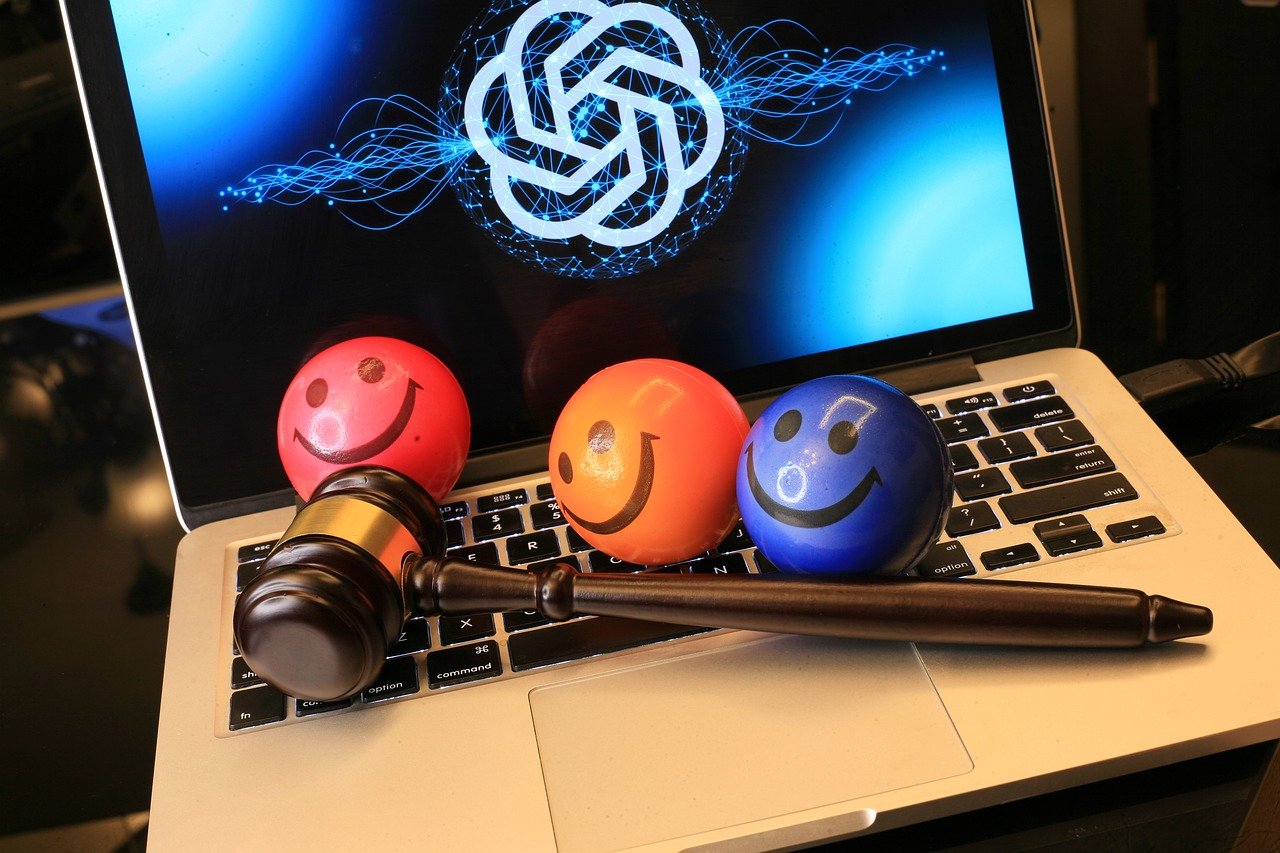The Emergence of AI Agents: Redefining Interactive AI with GPT-4o and Beyond

AI Agents: A New Era of Intelligent Interaction
The advancement of AI technology has ushered in a new generation of intelligent systems known as AI agents. These sophisticated AI models, exemplified by OpenAI's GPT-4o and Google's Project Astra, are capable of real-time, multimodal interactions, significantly surpassing the capabilities of traditional voice assistants like Alexa, Siri, and Google Assistant. This article explores the essence of AI agents, their distinction from large language models (LLMs), and their potential applications, with a focus on how GlobalGPT fits into this evolving landscape.
What Are AI Agents?
Definition and Capabilities
AI agents are advanced AI systems designed to interact with humans in real-time across various modalities, including text, voice, images, and environmental inputs. Unlike conventional language models that operate primarily on text-based inputs and outputs, AI agents utilize a combination of sensors and algorithms to perceive their environment, process information, and take appropriate actions.
Key Features of AI Agents
Multimodal Interaction: AI agents can process and respond to voice, images, and other sensory inputs.
Real-Time Engagement: They are designed for instantaneous conversations, providing immediate responses similar to human interactions.
Contextual Awareness: AI agents understand and learn from the context of interactions, enabling personalized and relevant responses.
Example: OpenAI's GPT-4o
GPT-4o is an exemplary AI agent capable of real-time interactions using audio and visual inputs. It represents a significant leap from traditional chatbots to more dynamic and responsive AI systems .
Example: Google’s Project Astra
Project Astra by Google demonstrates the versatility of AI agents in processing real-world inputs and providing intelligent assistance in various scenarios, from virtual assistance to autonomous vehicle navigation .
How AI Agents Differ from Large Language Models
Large Language Models (LLMs)
LLMs like GPT-3 and GPT-4 are designed to generate human-like text based on the input they receive. They excel in text generation but lack the ability to interact through other modalities.
AI Agents
Multimodal Processing: Unlike LLMs, AI agents can handle inputs beyond text, such as voice commands and visual data.
Contextual Understanding: AI agents can maintain contextual awareness, enhancing the relevance and personalization of their responses.
Autonomy and Action: AI agents can perform complex tasks autonomously, such as coding, data analysis, and even physical actions when integrated with robotic systems .

Pay-as-You-Go:
Top Up from Just $1 Balance Never Expires
All-in-One: Access All Models in One Place
AI Total Data Privacy
Unlimited Usage Limitation
Accepts Fiat and Crypto Payments
Example: GlobalGPT’s Role
GlobalGPT extends the capabilities of LLMs into the realm of digital art creation, leveraging AI to transform text into compelling visual artwork. This integration showcases the potential of combining text-based intelligence with visual creativity .
Applications of AI Agents
Enhancing Customer Service
AI agents are poised to revolutionize customer service by offering seamless, natural interactions and resolving queries instantly without human intervention. For instance, AI agents can be deployed in call centers to handle a high volume of customer inquiries efficiently .
Personal Tutors in Education
In the educational sector, AI agents can act as personal tutors, tailoring instructions based on individual learning styles. They can provide real-time feedback and customized learning experiences, enhancing the overall educational process .
Healthcare Assistance
AI agents have significant potential in healthcare, where they can assist medical professionals with real-time analysis, diagnostic support, and patient monitoring. For example, AI agents can help in monitoring vital signs and alerting healthcare providers to potential issues .
Autonomous Vehicles
In the realm of autonomous vehicles, AI agents process sensory inputs to navigate and make driving decisions. This application highlights the advanced perceptual capabilities of AI agents, enabling safer and more efficient transportation .
Challenges and Ethical Considerations
Privacy and Security
As AI agents gain access to more personal data and environmental information, ensuring privacy and security becomes paramount. Robust data protection measures and ethical guidelines are essential to safeguard user information .
Addressing Bias
AI agents can inherit biases from their training data, leading to biased outcomes. Continuous efforts to identify and mitigate these biases are crucial to developing fair and equitable AI systems .
Regulatory Frameworks
The deployment of AI agents necessitates appropriate regulations and governance frameworks to ensure responsible use. Policymakers and industry leaders must collaborate to establish standards that promote ethical AI development and deployment .
The Future of AI Agents
The future of AI agents is bright, with continuous advancements expected to enhance their capabilities further. Innovations in machine learning and neural networks will likely lead to more sophisticated and nuanced AI agents, opening new avenues for their application in various fields. As AI agents evolve, they will play an increasingly integral role in our daily lives, transforming how we interact with technology and each other .
Conclusion: Embracing the AI Agent Revolution
AI agents represent a significant leap forward in the field of artificial intelligence, offering more natural and immersive interactions compared to traditional LLMs. Tools like GPT-4o and Project Astra showcase the potential of AI agents to revolutionize various industries, from customer service to healthcare. As we navigate the challenges and opportunities presented by AI agents, it is crucial to embrace this technological evolution while ensuring ethical and responsible deployment. GlobalGPT's contributions to AI-driven creativity exemplify the limitless possibilities of integrating AI into our creative and professional endeavors.
